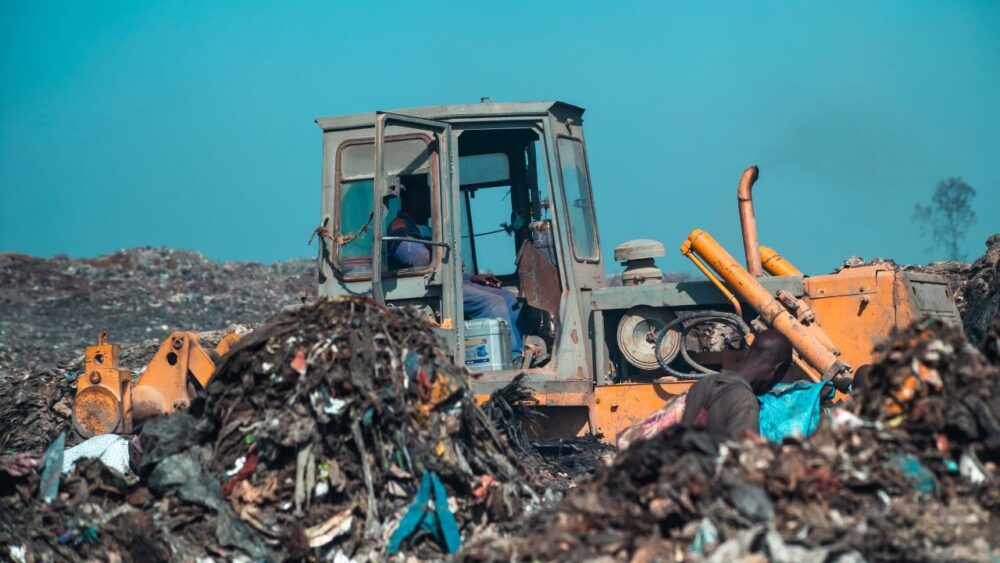Fort Worth’s rapid population growth is straining the city’s waste management system and pushing its only landfill toward capacity decades earlier than expected. City officials, residents, and industry leaders are weighing new strategies to handle millions of tons of trash generated each year.
Earlier this year, developers proposed building a landfill in Lake Worth to manage construction and demolition waste from Tarrant County. Residents near Silver Creek and local officials opposed the plan, citing concerns over water contamination and environmental harm. The developer later withdrew the proposal, but residents say industrial developers still target the area.
“It’s going to get more crowded, and it’s coming,” Silver Creek resident Don Brewer said, according to the Fort Worth Report. “Change is coming.”
Fort Worth reached 1 million residents in 2025. Waste planners estimate that by 2040, Tarrant County will have 2.8 million residents producing about 70 million tons of trash. The region’s three landfills can hold up to 63 million tons, according to the North Central Texas Council of Governments.
Jim Lattimore, who oversees Fort Worth’s landfill near Kennedale, said population growth drives the need for more capacity. “I don’t see any efforts right now toward permitting new capacity, and I think that’s something that needs some attention,” Lattimore said.
City officials and contractors compact trash to extend the landfill’s life, but projections show it could fill within a decade. “We know the landfill is going to fill up and reach its capacity,” said environmental services director Cody Whittenburg. “We have to start planning for the future.”
Tarrant County Commissioner Manny Ramirez, who helped block the Lake Worth project, said collaboration is key. “It’s only fair for developers, communities, and government officials alike to all have a solid idea and plan on where we see the development of our landfills and waste management facilities,” Ramirez said. “There has to be a clear road map.”
Fort Worth officials are exploring expanded recycling, composting, and waste transfer stations to reduce landfill pressure. Experts say obtaining environmental permits for new sites can take up to 20 years and cost hundreds of millions of dollars. As the city grows, leaders aim to balance economic development with environmental stewardship.


